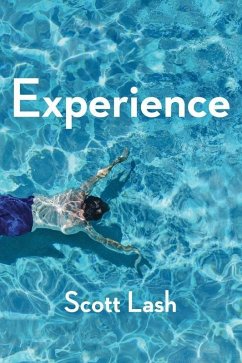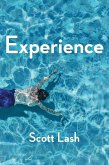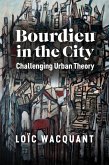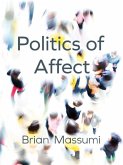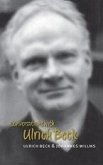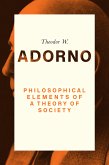Dieser Download kann aus rechtlichen Gründen nur mit Rechnungsadresse in A, B, BG, CY, CZ, D, DK, EW, E, FIN, F, GR, HR, H, IRL, I, LT, L, LR, M, NL, PL, P, R, S, SLO, SK ausgeliefert werden.
Roberto Esposito, Scuola Normale Superiore, Pisa
'In his remarkable book, Scott Lash weaves his way through eras and cultures to construct a possible theory - transcultural and transhistorical - of what most defies theory. The "empirical" option he gradually develops can indeed, after James and Arendt, erect experience as philosophy's decisive issue.'
François Jullien, Fondation maison des sciences de l'homme, Paris
"This is a book of amazing scholarly scope. It stands out as an extremely serious study that does not pander to fads and fashions nor seek approval from readers. Here is a major statement that will surprise many who think they are familiar with Lash's thought."
Philip Smith, Yale University

